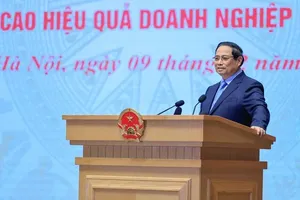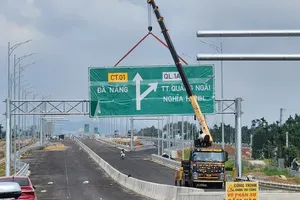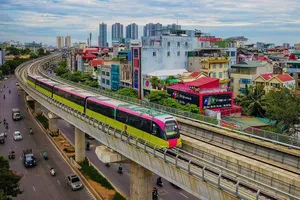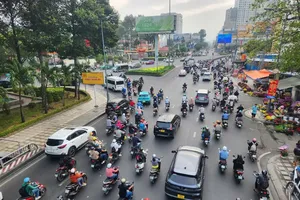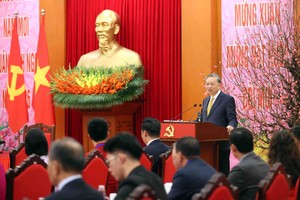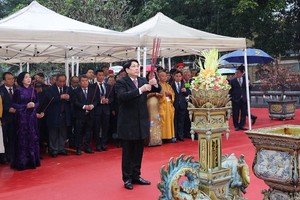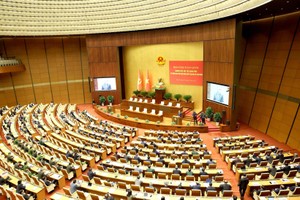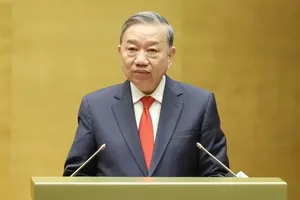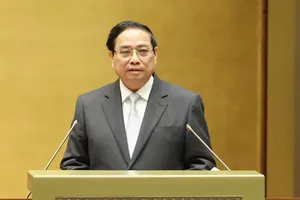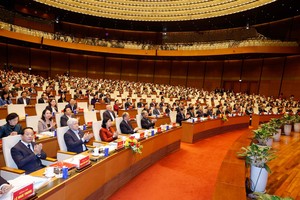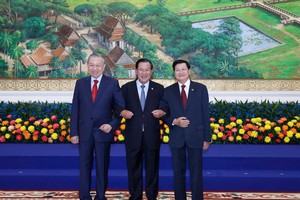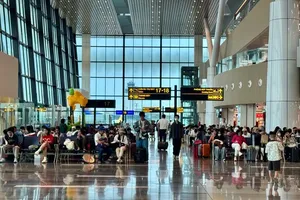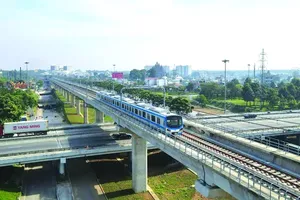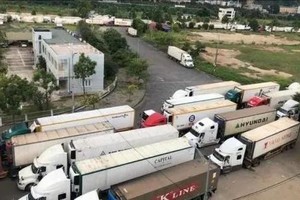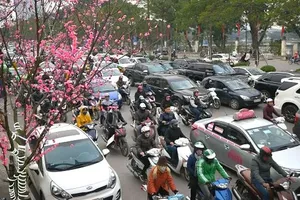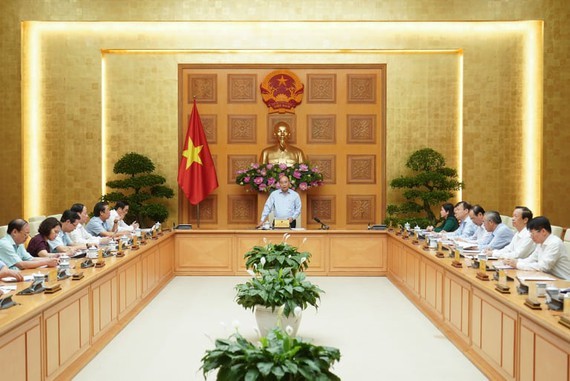
PM Phuc made the request at a conference with pricing steering board yesterday. At the conference, he also ordered the Ministry of Finance to complete its report to the National Assembly standing committee about addition of textbooks into list of commodities whose prices are set up by the government.
Explaining why new textbooks are more expensive than the old ones, the Ministry of Education and Training said that the self-financing publishing houses must pay for authors’ royalties. The Ministry has required publishing houses to reduce prices of textbooks. Students from ethnic minority groups in disadvantaged areas and underprivileged are given sets of textbooks gratis.
With the present regulation, the Ministry has petitioned to include textbooks in the group of commodities whose prices are decided by the government.
According to the Ministry of Finance’s report, the country’s consumer price index (CPI) rose 0.66 percent; therefore, the average CPI fell from 6.54 percent to 4.19 percent in first six months of the year, as nearly low as inflation rate target set by the National Assembly.
In the current scenario the target of keeping this year's inflation around 4 percent is within reach with the government and the Prime Minister’s determination. However, due to economic downturn in the world due to the coronavirus pandemic, pricing control should be done with caution.
Regarding prices of some commodities, the Ministry of Finance said re-raising and import of pork gradually meet demand of port in the third quarter and early fourth quarters. It is forecast that in next months, pork prices will not change dramatically and even may drop in the fourth quarter.
Also the Ministry said prices of consumer goods, food and foodstuff in the market generally maintained unchanged thanks to abundant supply. Power prices basically keep stable in 2020 as per the Prime Minister and the pricing steering board’s direction.
The Ministry presented two scenarios for pricing control. The first scenario is that the year’s average CPI will be 3.64 percent higher than 2019. The second scenario is that CPI will surge by 3.95 percent while the State bank of Vietnam predicted that CPI in 2020 will be slightly higher than 3.7 percent. The General Statistics Office of Vietnam forecast that the country’s whole year CPI will be increase by 3.5 – 3.7 percent or 3.8- 4.1 percent.
The PM said the importance of keeping inflation under 4 per cent, an objective set by the National Assembly (NA) because the country must maintain growth, employment and social security. Meanwhile, Vietnam must stay alert to prevent a second COVID-19 wave to protect public health and the country’s achievement.
Mr. Phuc ordered to keep an eye on prices of pork, textbooks, fresh water, petrol subsidized fund and control inflation in the last six months as well as remove difficulties for growth. He added that the pressure of inflation is still high especially prices of crude oil, food and foodstuff while many governments in the world have devalued their money.
In the context, Vietnam is determined to control inflation under 4 percent; however, the government will be flexible in controlling so as not to influence economic recovery and growth. Inflation control is without tight monetary and fiscal policies.
For petrol and oil, Prime Minister Phuc assigned the Ministry of Industry and Trade to adjust the decree 83 on business of the item noticing to use the petrol subsidize fund flexibly to avoid big fluctuation of the essential commodity.
He requested no to hike power. Moreover, the Ministry of Industry and Trade, the country's largest power company - Vietnam Electricity (EVN), local administrations have to check to have proper explanation for residents’ concern of hike in power prices and paperwork in electricity registration.
Upon prices of rice, the Ministry of Agriculture and Rural Development must ensure production and reserves for the year meanwhile the ministries of Transport, Finance and related agencies must reduce prices of aviation , transportation and logistics to boost consumption.
